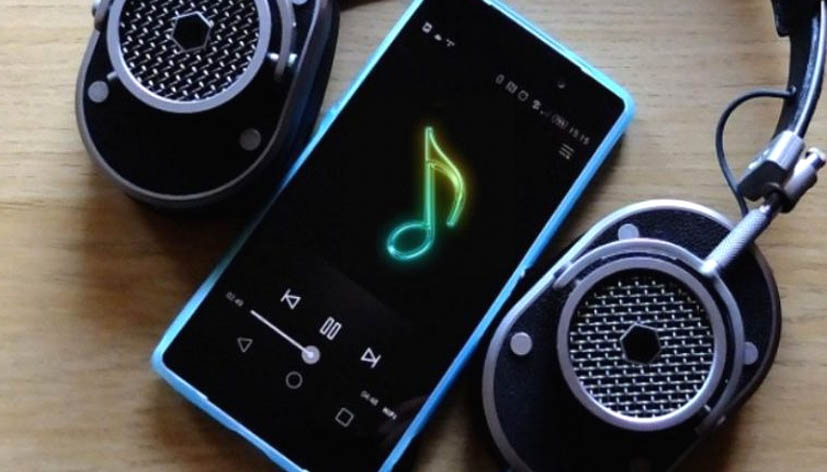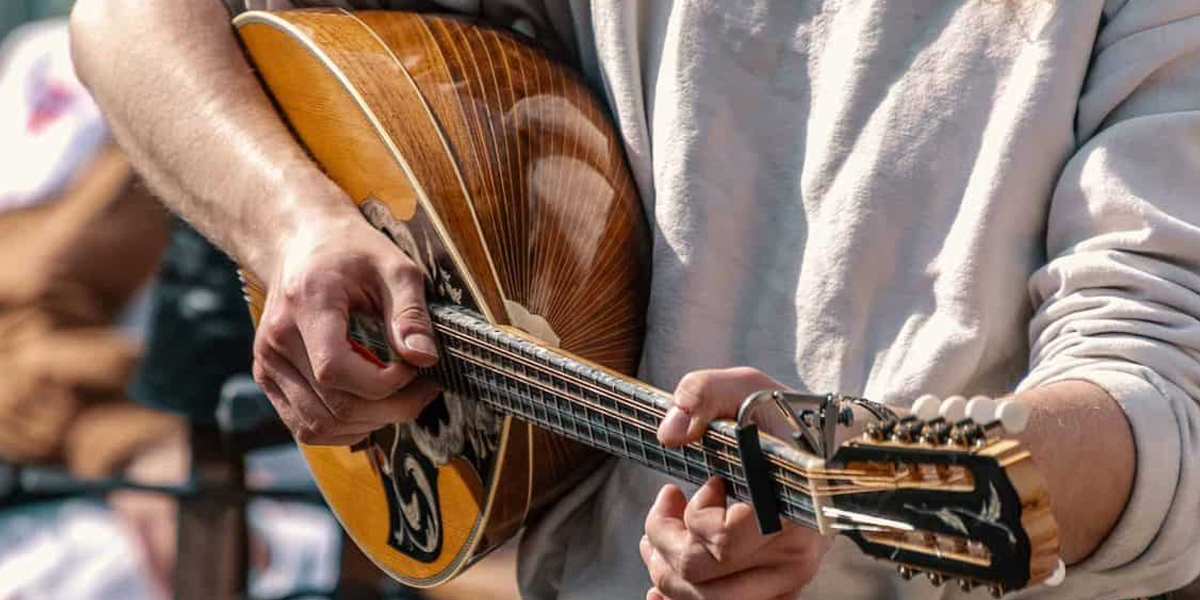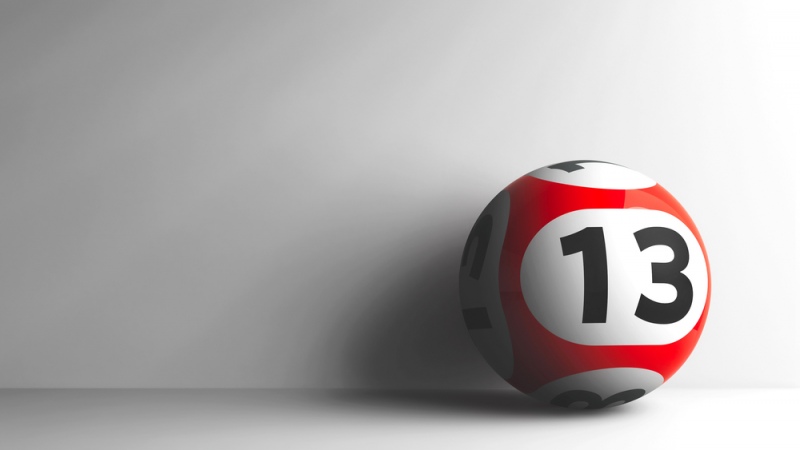Human beings are built to engage with one another’s appearances. It’s no different on screen – which is why it makes sense that wardrobe is an integral part of Hollywood’s glossy image. The right adornments can help to form entire dimensions of subtext and character development; conveying references to their mood, setting or circumstance.
Here are just a few occasions where you may have noticed that the clothes do indeed, maketh the man.
Inception (2010)
Costume designer Jeffrey Kurland was faced with unenviable task of creating a relatively casual wardrobe, to fit what to all intents and purposes is an unremarkable and entirely recognisable setting.
As well as reflecting the realism of our contemporary world to distinguish the characters from their alternate dream realities the wardrobe design also hints at the emotional make-up of each protagonist. Cobb; his clothing dark, loose and layered- hinting at his unsettled nature and the multiple layers of his jaded character. Eames; cool, collected and well-travelled; wearing light linen and splayed collars. And finally Arthur; deliberate and fastidious dressed sharply in a severe three piece suit.
Cobb’s wedding ring is also an integral part of the plot. We are led to believe that his ‘totem’ is the spinning top which we see him consult throughout the film… however, film buffs have pointed out that Cobb’s wedding ring could be a further indication of his location between dream-dimensions whereas the top is just a decoy.
The ring is only present in the dream world and at the end of film he isn’t wearing one at all; suggesting that once the camera cuts that his top has indeed stopped spinning, and that he has returned to the real world and to his family.
The Breakfast Club (1985)
Part of the reason the wardrobe choices are so effective in this 80’s high school flick could be down to the fact that the director himself took the cast shopping and chose the outfits.
In a move unheard of by modern day standards; John Hughes took the cast into Ralph Lauren and picked out almost the entire wardrobe in one fell swoop.
It makes sense that since the characters were so clearly defined as high school stereotypes that their outfits follow suit. Claire – in her girlish pink ensemble – plays every inch the antithesis to John’s brash denim-and-plaid bad boy.
As the token Jock; Andrew is dressed head to toe in sports regalia, whilst the shy and retiring intellectual and reclusive characters remain respectfully sombre in terms of the colour and shape of their clothing.
Claire’s gesture of pressing her diamond earrings into John’s hand as the film moves towards it dénouement is symbolic of the fact that in that eight hours of detention; boundaries between the group have broken down. The characters have come to recognise one another as individuals in their own right, rather than as representative stereotypes of their respective cliques.
Tron (2010)
The costume design in this sci-fi remake is undoubtedly one of the reasons why the picture is so visually captivating. The characters interact with their surroundings so fluidly that it makes everything appear much slicker when their clothing seems to become a reflection of their own surroundings.
Their outfits also afford a great opportunity for the audience to interact with the subtleties of the plot on an additional level. At times the colours of the costumes change as a kind of visual shorthand to establish factions within the black and white ‘grid’. During one particularly vital turning point; one of the principal characters changes their allegiance to white from red – visually signifying a change not only in the character’s own perception and purpose, but also the storyline.
Do you have any firm film wardrobe favourites? Comment below!
Featured images:
License: Creative Commons
image source
Bio: Susannah Perez is a preppy film fanatic with a love of all things eighties! She writes for Valley Optics and loves a good Baz Luhrman movie.





